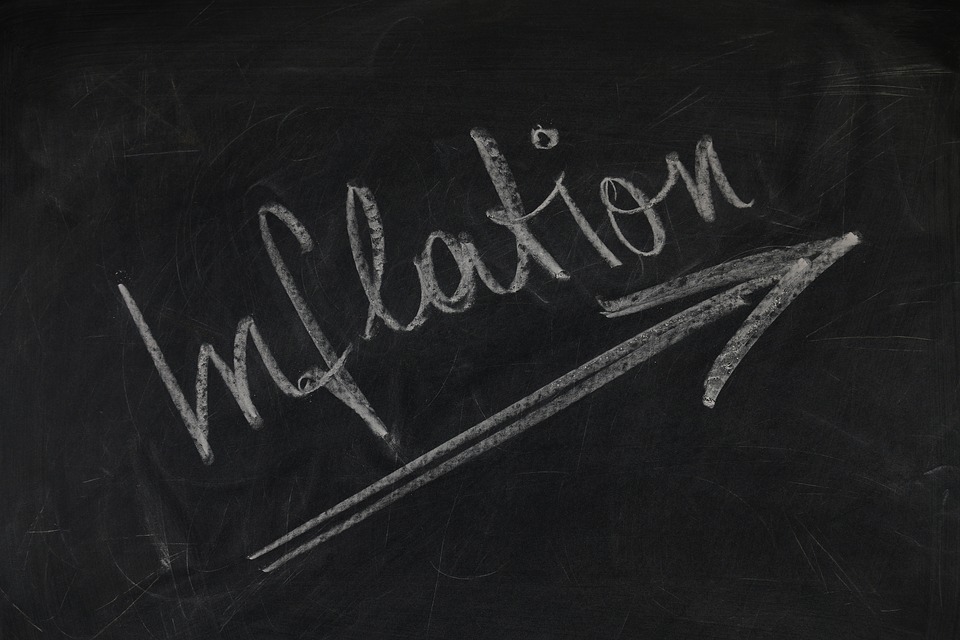
MANILA— An official of BPI Asset Management and Trust Corp. discounts breaching of the government’s two to four percent inflation target this year even with the impact of the tax reform.
In an interview, Carlos Jalandoni, BPI Asset Management and Trust Corp. vice president and head of Equities and Fixed Income Research, said the first package of the tax reform program is expected to add about 0.6-0.8 basis points on the rate of domestic price increases.
He traced this inflationary impact to higher prices of oil as a result on the increase of excise taxes on this product, among others.
He, however, noted that food prices are seen to remain manageable amid higher fuel prices.
“The food agencies in the Philippines have been quite pro-active in making sure that we have enough stocks, particularly rice. And the global prices for rice are not as volatile and so we remain fairly confident despite the fact that fuel prices are increasing. Food prices are stable, inflation will not breach four percent,” he said.
Jalandoni said impact of any weather disturbances will provide inflationary pressure but stressed that “it won’t mean sustained increases in inflation such that the average will be above four percent.
He projects inflation to go up to as high as 3.8 percent this year in the second or early third quarter because of higher demand for electricity and fuel during the summer months.
In 2017, inflation averaged at 3.2 percent, within the government’s two to four percent target for 2017 until 2019.
It peaked at 3.5 percent last October but declined to 3.3 percent in the last two months of the year.
With inflation seen to remain manageable, Jalandoni said this bodes well for their projection for a seven to 7.2 percent Gross Domestic Product (GDP) output for the economy this year.
These factors, Jalandoni said, are what make the local equities market attractive compared to the fixed income market.
Thus, the projection that the Philippine Stock Exchange index (PSEi) will hit the 9,300-9,400-level this year.
This week, the main gauge ended flat with a 0.02 percent, or 1.37 percent, uptick to 8,814.62 points.
It ended 2017 at record-high of 8,558.42 points, up 23.33 points or 0.3 percent in the last trading day of the year.
Last year, it registered 14 times of record-highs and grew by 25.1 percent year-on-year.
Jalandoni said volatility is expected in the next five years given the evolving developments overseas, with some banks keeping their interest rates at negative levels.
He, thus, expects high risk-on appetite this year as investors look for more opportunities to book gains.
He said placement in equities is really a risky undertaking but ensures sufficient long-term returns.
He also advised prospective investors to place their funds in passive funds or index trackers to ensure good returns.